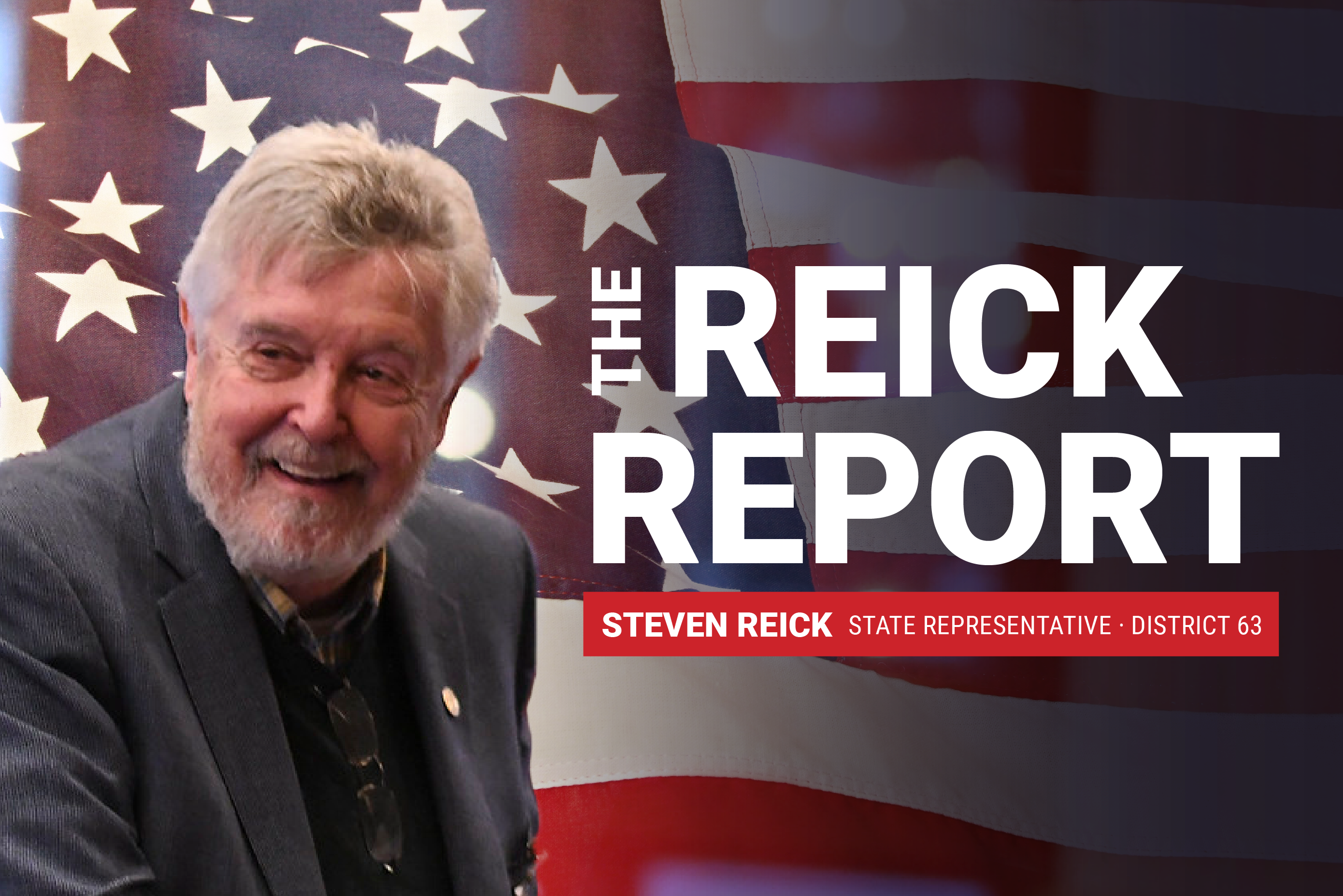A Bad Budgeting Process Leads to Bad Outcomes for Taxpayers
This being an election year, you’re seeing lots of paid advertising around state spending and accusations about the “dangerous politicians” who voted against the budget. Today I want to give you a fuller look at the budgeting process in Illinois and propose some solutions.
Democrats are fond of saying that the budget is a moral document – it shows what they value. I tend to agree. And that’s why I don’t vote for their budgets.
Ever since I arrived in the General Assembly in 2017, the budget is rushed, negotiated in secret behind closed doors and cobbled together in one giant bill, and the result is a bloated, irresponsible state spending plan full of back-scratching deals with only passing reference to transparency, accountability, and responsible spending.
Here’s my proposal to have a better budgeting process that could result in a bipartisan, balanced budget:
1. Pass a Revenue Estimate
This used to be the first part of the Illinois budget process. It is a statement or Resolution passed by the House and Senate that agrees on the revenue available to spend in the budget. This reduces the use of fuzzy math in the budgeting process by giving a clear expectation of how much tax revenue is available to be spent in a state budget.
2. Break Up the Budget Bill
The budget should not be one giant bill. It used to be broken up by subject area – an education budget, a healthcare budget, etc. This is a more responsible way of budgeting and breaking down the spending plan. By breaking it up into smaller bills, some budgets could garner more bipartisan support.
3. Go Through Public Appropriation Committees
Now, the budget is crafted behind closed doors and appropriation hearings are essentially just times for people to come ask the state for more money. This process should be turned on its head. We should do substantial work in public. In committees, we should have conversations about balancing priorities, finding out what programs are working and why, and refining the budget.
4. Have a 72 Hour Waiting Period
After the final budget is introduced, there should be a 72-hour waiting period before a budget vote can take place. This was the original intention in the Illinois Constitution that called for at least 3 days from the time a bill was introduced until it could be taken up for a vote. This is even more important when a bill spends billions of taxpayers’ dollars. Transparency and accountability should be reinserted into the entire budgeting process.
5. Hold Budget Accountability Hearings Throughout the Year
Right now, a budget is passed and then spending authority is handed over to the executive branch without much oversight. The legislature should hold follow-up hearings periodically to find out how the budget is being implemented.
As usual, this year’s budget was all bundled up in one bill. It was the largest budget in state history, it spends more than we have, and it relied on over $1 billion in new taxes. Additionally, it included over $1 billion in taxpayer funding for non-citizens. There were billions of dollars that were sent to worthy causes that I support. However, with such a broken process, I cannot in good conscience support a spending plan that misuses so many taxpayer dollars.
I want a budgeting process that leads to responsible, balanced budgets. I want a budget that can receive bipartisan support. I want to work through the DCFS budget in an open committee and prioritize much-needed funding where we can get the best results. This is what I’m working towards every day and I am committed to continuing to fight for these changes so that the way Illinois taxpayer dollars are spent is transparent, accountable, and responsible.
Local Pickles Are the Best Pickles
Anywhere you go in the U.S., if you go to the grocery store and buy a jar of Claussen Pickles, they were made right here in Woodstock and have been since 1976. Thanks to the folks at Claussen for the tour of the plant!

Railfest is This Weekend in Woodstock
What started as a way to bring a little steam to the community through window train displays during the pandemic has turned into an annual event with more interaction, participation, and community involvement each year.
Railfest brings train enthusiasts, hobbyists, and community members to the Square on a fall weekend with a railroad twist. Nearly 20 local businesses will be offering space within their stores for model trains to be set up, making it a truly community-oriented event. To learn more, click here.
36th Annual Autumn Drive
Mark your calendar for October 18, 19 and 20, and head to 3600 Garden Valley Road, Woodstock. Rain or Shine, this rural Woodstock and Marengo event runs from 9 to 5. There are sixteen stops including restaurants, apple orchards, flower farms, and the McHenry County Historical Society. You can see more details here.
